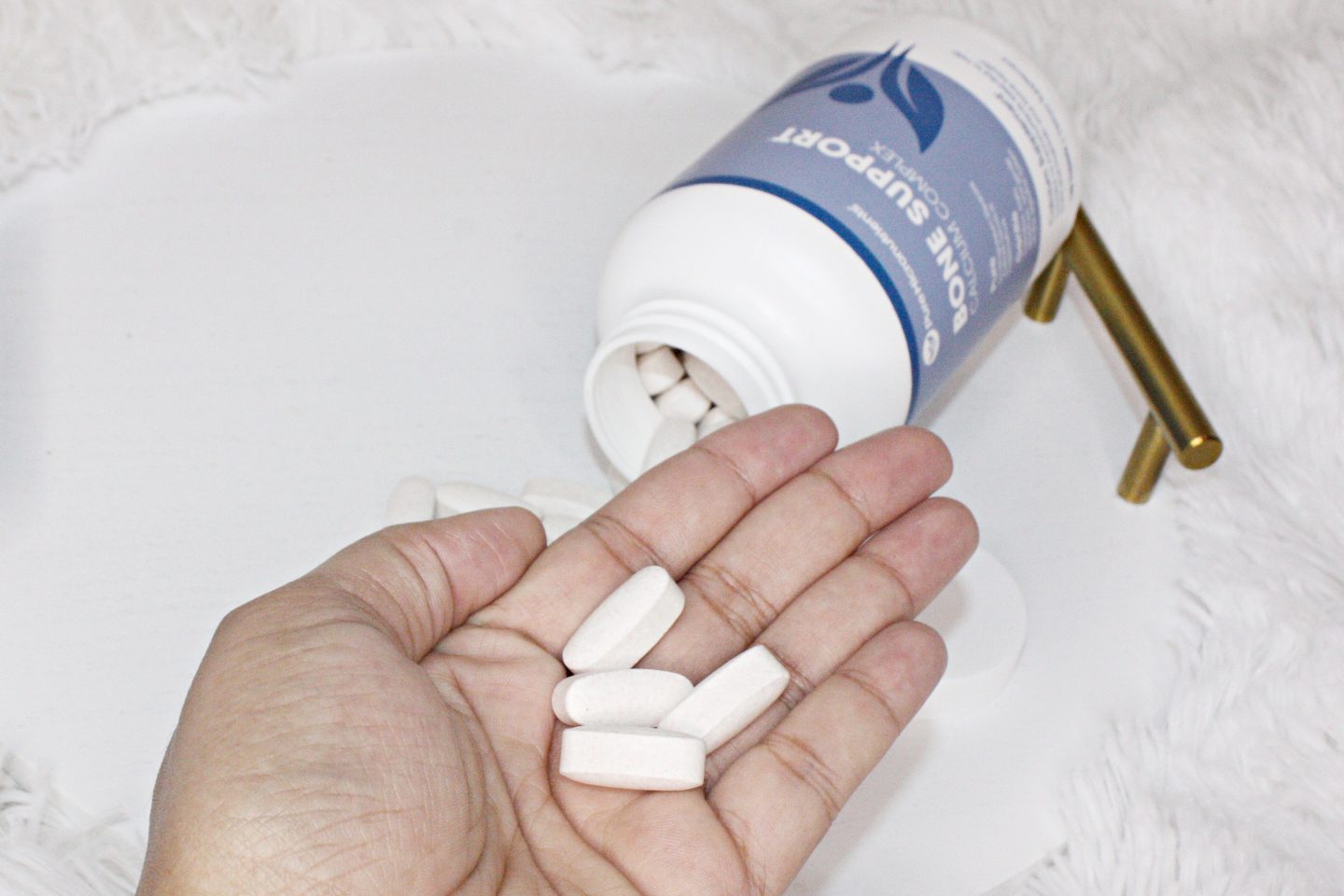
Even though menopause is a normal part of aging in women, it’s a point in time that’s often met with fear and uncertainty. Given that it signals the decreased production of oestrogen and progesterone, it causes hormonal imbalances that can affect women’s physical and mental health in significant ways.
Many women who are nearing or are within the menopausal age may not be sufficiently prepared to manage the symptoms of menopause, and as a consequence, they may have even more difficulty coping with it. That said, this article aims to shed light on menopause so that women like you will be more knowledgeable about it and, ultimately, more prepared for this challenging stage of life.
Here are five things every woman should understand about menopause and its ramifications:
1) Menopause Timing Can Vary Among Women
Menopause typically occurs between the ages of 45 and 55, with 51 being the average. However, some women may experience menopause earlier or later than this average range.
Factors such as genetics, health conditions, and lifestyle choices can influence the onset of menopause. For instance, women who smoke tend to reach menopause earlier than non-smokers, while those who have had children may experience it later.
It’s essential to recognize that there’s no “normal” age to experience menopause, and the variation is entirely natural. If the onset of menopause starts at an earlier or later time for you than it did for your loved ones, this may not necessarily be a cause for worry in itself.
2) To Be Officially Diagnosed, You Must Have Gone 12 Months without a Menstrual Period
A woman is considered to have reached menopause when she has gone 12 consecutive months without a menstrual period. It’s important to note that during this time, there should be no other obvious biological or physiological cause for the absence of periods for the diagnosis to be definitive.
This waiting period is often a challenging one to discern, as menstrual cycles may become irregular and unpredictable. Women might experience months without a period, followed by a return of menstruation, which makes it difficult to determine if menopause has truly begun.
To determine whether you’re experiencing menopause, it’s recommended you visit your nearest or preferred women’s clinic so that a healthcare provider can assist you with tracking your menstrual cycles. It’s also a good idea to keep a detailed record of your menstrual patterns, as this can help your healthcare provider apply a holistic approach to menopause care.
3) Perimenopause Happens Before Menopause
Perimenopause is the transitional phase leading up to menopause, and it typically starts in a woman’s forties. But it can also begin as early as her mid-thirties or as late as her fifties. This phase is characterized by hormonal fluctuations, particularly in oestrogen and progesterone levels, which can manifest through certain physical symptoms and lead to various physical and emotional changes.
The duration of perimenopause also differs, lasting on average about four years. But for some women, it may last only a few months. Still, for others, it can extend to a decade.
During this phase, women should seek guidance from healthcare providers so that they can navigate perimenopause with proper support. In some cases, medical treatments, including hormone therapy, might be recommended to manage more severe symptoms and improve quality of life during this transitional period.
This is also a good time to consider making key lifestyle changes— such as maintaining a balanced diet, exercising regularly, and practicing stress management techniques—to help alleviate some of the symptoms, which are tackled in more detail below.
4) The Decline of Oestrogen Production Due to Menopause Can Cause Several Uncomfortable Symptoms
Oestrogen is a key hormone that plays a vital role in regulating many bodily functions, and its reduction can have widespread physical and mental effects. One of the most common symptoms associated with the decline in oestrogen is hot flashes. These are sudden feelings of intense heat that can spread throughout the body, often accompanied by sweating and a rapid heartbeat.
Night sweats, which are hot flashes that occur during sleep, also commonly occur during menopause. These can disrupt rest and contribute to fatigue and irritability. The decline in oestrogen levels can also affect skin elasticity, leading to dryness and an increase in wrinkles. And yet another physical symptom that often manifests during menopause is vaginal dryness, which can cause discomfort during intercourse and increase the risk of urinary tract infections (UTIs).
Emotionally, the decrease in oestrogen can lead to mood swings and even anxiety and depression. Women may also experience changes in their cognitive functions, such as memory lapses and difficulty concentrating. That makes it doubly important for women to tap into their support systems, like their family and friends, during this crucial period.

5) Menopause Can Affect Bone Health
Aside from the symptoms mentioned in the previous section, low oestrogen levels can also significantly impact bone health. Oestrogen helps to protect bones by reducing bone resorption, i.e. the process by which bone is broken down. Its reduction during menopause accelerates bone loss. This means that women going through menopause are at a higher risk of developing osteoporosis and experiencing fractures, particularly in the hips, spine, and wrists.
You May Enjoy | Bone Health Supplements That I Enjoy
It’s essential to take proactive steps to maintain your bone health during this stage of life, so one of the best things you can do during menopause is to take bone density tests. These tests are designed to assess your bone health and may serve as a guide for taking the necessary preventive measures to mitigate bone loss. At your doctor’s recommendation, you can also increase your calcium and vitamin D intake through a nutrient-rich diet or supplements, as these nutrients are essential for good bone health.
In addition, engaging in regular weight-bearing and muscle-strengthening exercises—such as walking, jogging, and strength training—can help stimulate bone formation and strengthen the muscles that support the bones. These activities will be beneficial towards maintaining your bone density and reducing your risk of bone complications.
Your knowledge of how menopause works and what you can expect during this time can greatly empower you to get through the transition with confidence and clarity. As early as now, learn what you can about when to seek further medical intervention and, through it all, surround yourself with people who can take care of you and support you as needed.
Disclaimer: This blog is not an attempt to practice medicine or provide specific medical advice, and it should not be used to make a diagnosis or to replace or overrule a qualified healthcare provider’s judgment.







